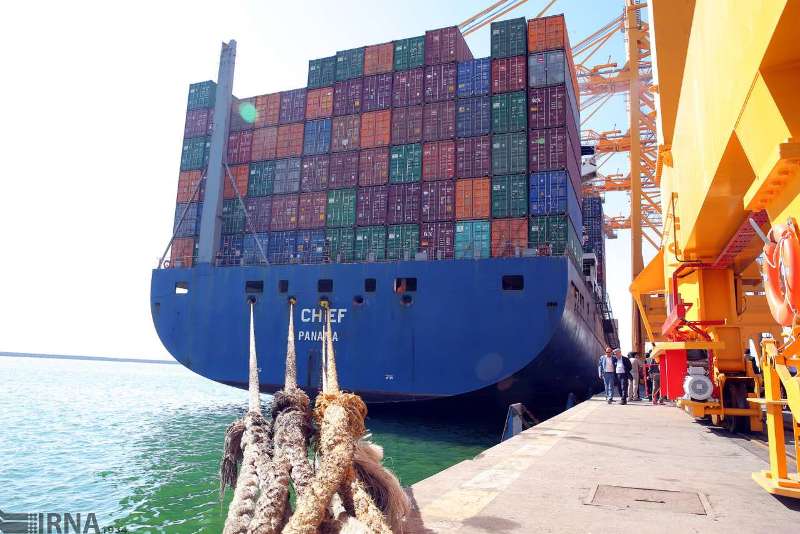
Countries plan their trade exchanges on the basis of their economic advantages, so trade exchanges of any country can be a mirror of its economy. In fact, countries in the world export goods that have the ability to produce at lower cost so that they can compete with rivals in global markets.
Hence, every country is known with producing a special commodity, regardless of China, which produces every commodity based on cheap labor and exports to the markets of the world. Iran is no exception to this rule, and oil is an export certificate of Iran.
However, over the years, Iran has been trying to make the country's economy less dependent on oil export revenues and relies on non-oil export revenues instead. Non-oil exports are important because, in addition to creating jobs in the country, it results in more added value and prevents crude sales.
Non-oil export classification is an important factor that must be taken into account. Currently, gas condensates are shipped and exported with the least change from extraction as non-oil exports.
Liquefied gas is also in the category of non-oil exports; petrochemical products are also in this category, and even are considered the vital commodity of the non-oil export basket, as far as the foreign exchange market is eyeing the petrochemicals’ currencies for the balancing.
Customs data show that in the 11 months of the current Iranian year (beginning in March 21, 2018), 106 million tons of goods worth $ 40 million were exported from Iran. Of this amount, more than 32% is related to petrochemical exports, and about 20% also includes exports of gas condensate and other products such as liquefied gas.
As far as 5 of the first Iranian exports are gas condensates with 9.8%, liquefied natural gas with a 4.8% share, liquefied propane with 4%, other light oils and products, excluding gasoline with 3.3% and methanol with 3.2%, respectively.
The statistics show that, despite sanctions imposed on Iran's oil industry this year, petrochemical exports have risen by 14 percent compared to last year in value. However, exports of gas condensate show a decline of 37.5% in terms of value compared to 2017. The gas condensates exports have decreased about 52% in weight due to sanctions because of dissuasion of buyers.
Comparison of these statistics shows that although the Iranian oil industry is facing sanctions, the sanctions are only effective for the sale of crude oil or gas condensates and petrochemicals are experiencing more booms. Thus, with maintaining the advantage called oil and gas, and turning it into more valuable commodities and completing the value chain, sanctions conditions can be left behind at a lower cost.
9455**2050
Follow us on Twitter @IrnaEnglish
 solhkhabar | Peace International News Agency Peace International News Agency , Peace News , International Agency News of Peace
solhkhabar | Peace International News Agency Peace International News Agency , Peace News , International Agency News of Peace